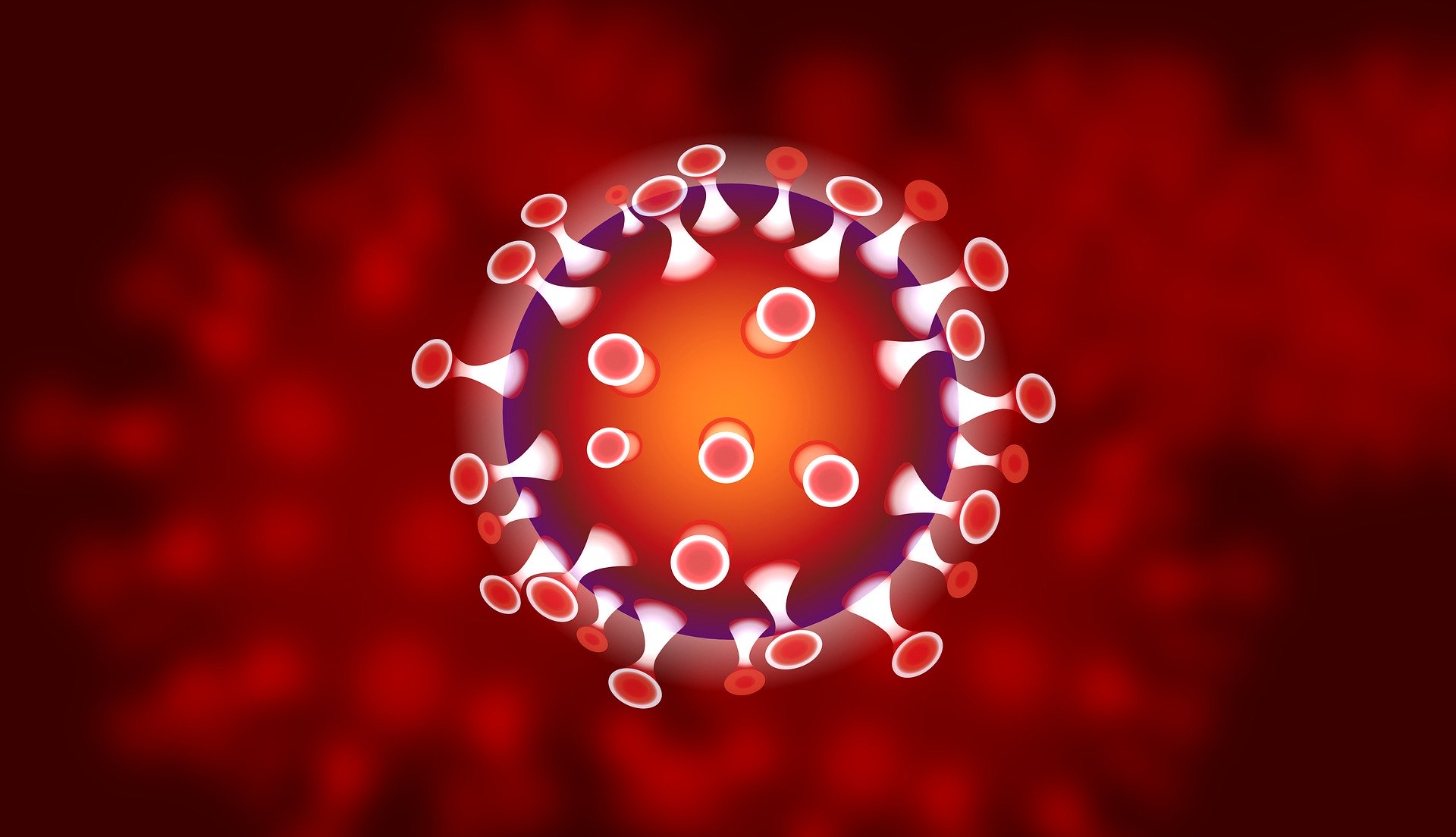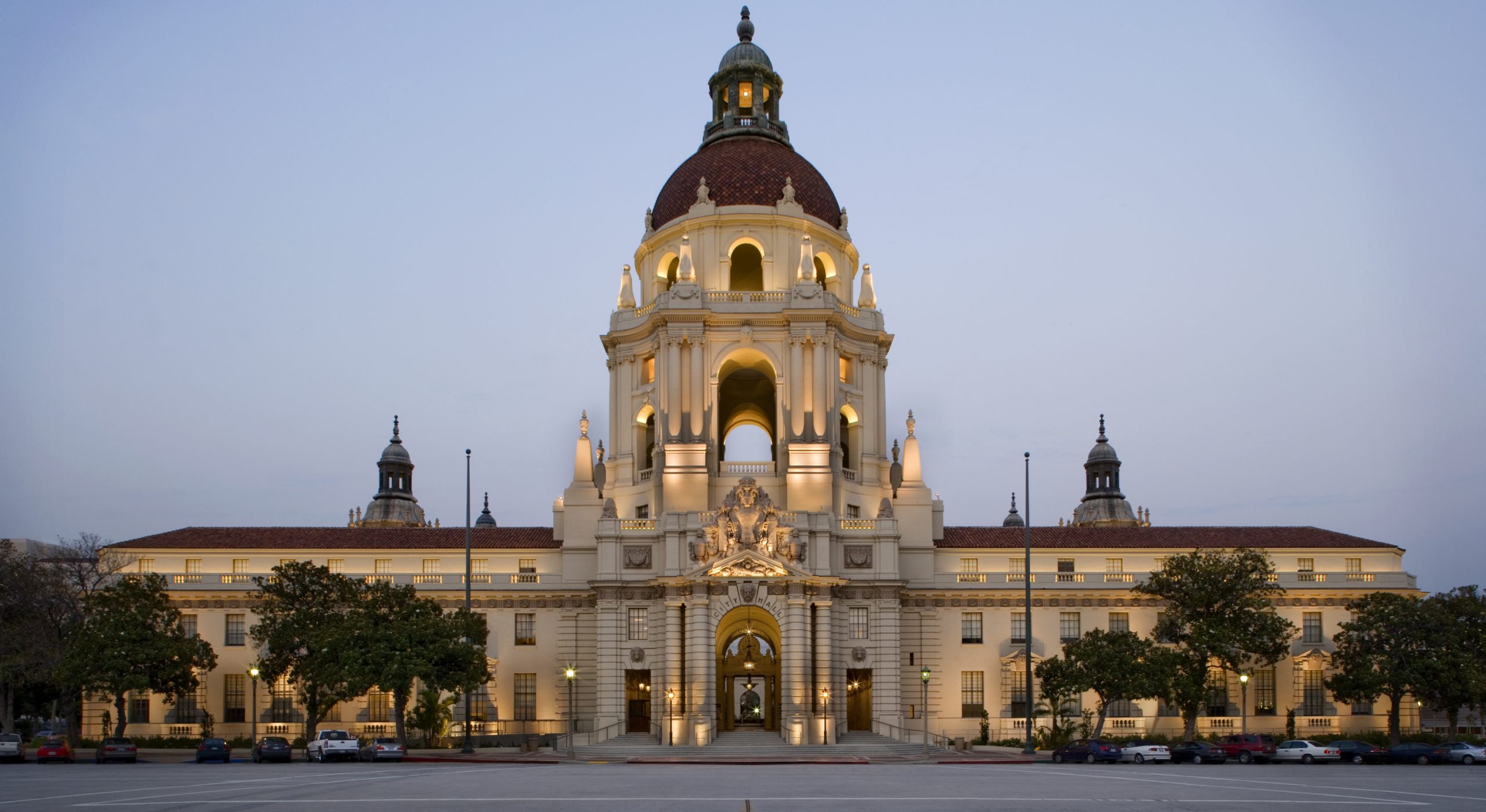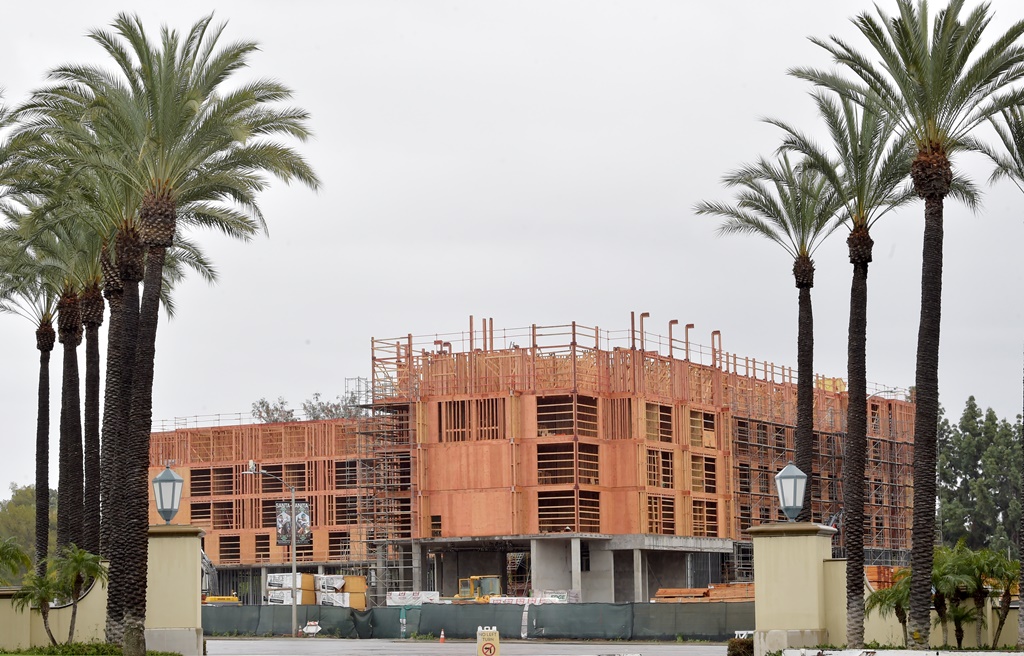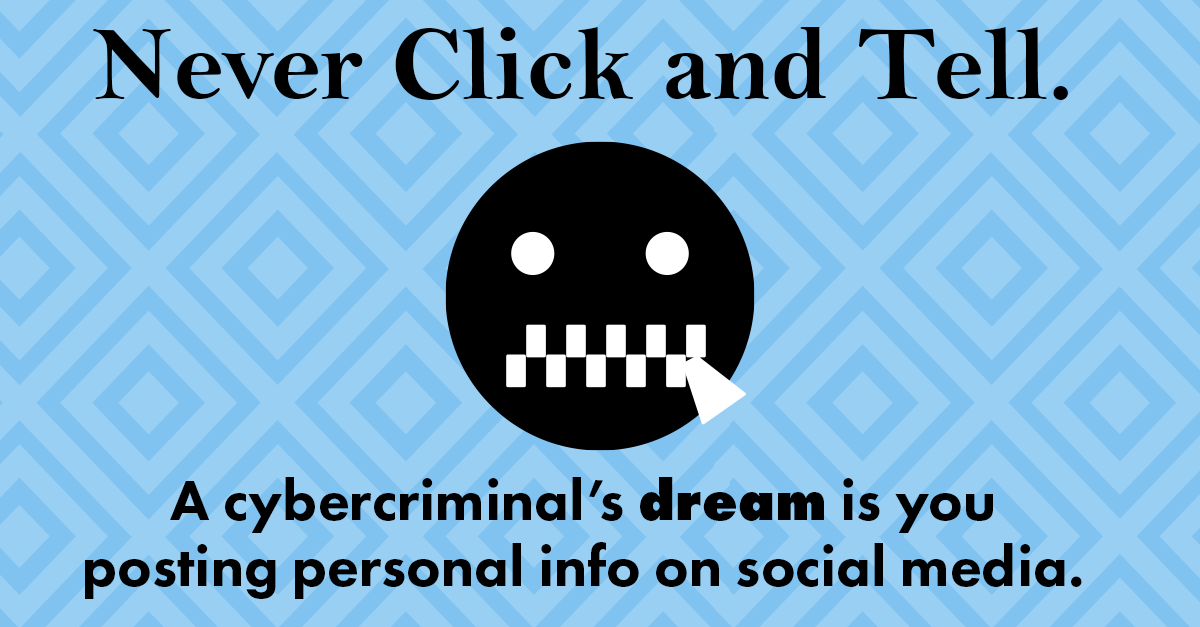
The City of Pasadena Public Health Department (PPHD) has confirmed the first case of novel coronavirus disease (COVID-19) in a Pasadena resident. This individual was known to have close contact with a confirmed case outside of Pasadena, and has been in quarantine since the exposure occurred. This individual is recovering and is being followed by PPHD. To maintain patient confidentiality, no other details will be shared on this individual.
PPHD is following up directly with those who have had close contact with this individual and may be at risk for COVID-19 infection. Close contacts are informed on how to assess and monitor for signs and symptoms of illness and are quarantined.
“We have been preparing and are ready to manage COVID-19 cases in Pasadena, in close coordination with our healthcare partners,” said Dr. Ying-Ying Goh, PPHD director and health officer. “We will continue to recommend our community implement individual and community mitigation measures to reduce the risk of spread of illness.”
The laboratory results for the Caltech student confirmed the student is not ill with COVID-19. The student’s evaluation was unrelated to the first confirmed case of COVID-19 in Pasadena.
As laboratory capacity for COVID-19 increases, there may be additional confirmed cases of COVID-19 in the community. The City Manager’s Office has expected this and in response the city manager has established a citywide response team with representation from all departments. The response team’s first meeting was Wednesday afternoon. The team’s initial steps will be to open an Emergency Operations Center (EOC) at level III (lowest level), establish a Joint Information Center consisting of departmental public information coordinators to coordinate messaging as well as the Logistics Section of the EOC to facilitate the ordering of any needed supplies. The city is expected to announce the cancellation of city/city-sponsored events for the time being, out of an abundance of caution, on Thursday.
Individuals can take everyday precautions to reduce the risk of getting sick with seasonal colds or flu including:
- Wash hands with soap and water for at least 20 seconds; if soap and water are not available, use an alcohol-based hand sanitizer.
- Cover your cough or sneeze.
- Stay home if you are sick.
- Get your flu shot to protect against influenza.
- If you have recently returned from a country with ongoing COVID-19 infections, follow public health guidance and monitor your health. Call your healthcare providers and inform them about your travel history if you need care.
You can also prepare for possible disruptions to daily routines that could be caused by COVID-19:
- Make sure you have a supply of all essential medications for your family.
- Make a child care plan in case you or a care giver are sick.
- Understand your employer’s policies regarding leave and options for working from home.
- Make arrangements for how your family will manage a school closure.
- Make a plan for how you can care for a sick family member without getting sick yourself.
For the latest information on COVID-19, visit cdc.gov/coronavirus/2019-ncov/index.html.






